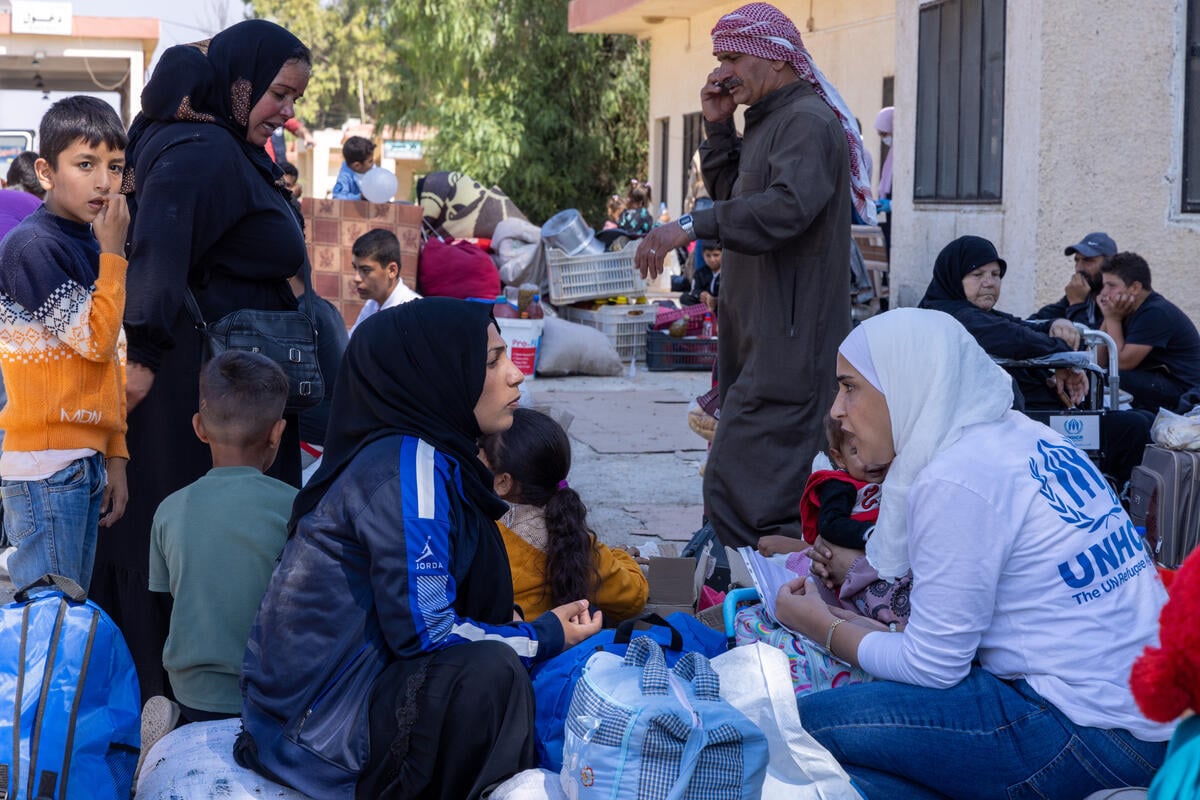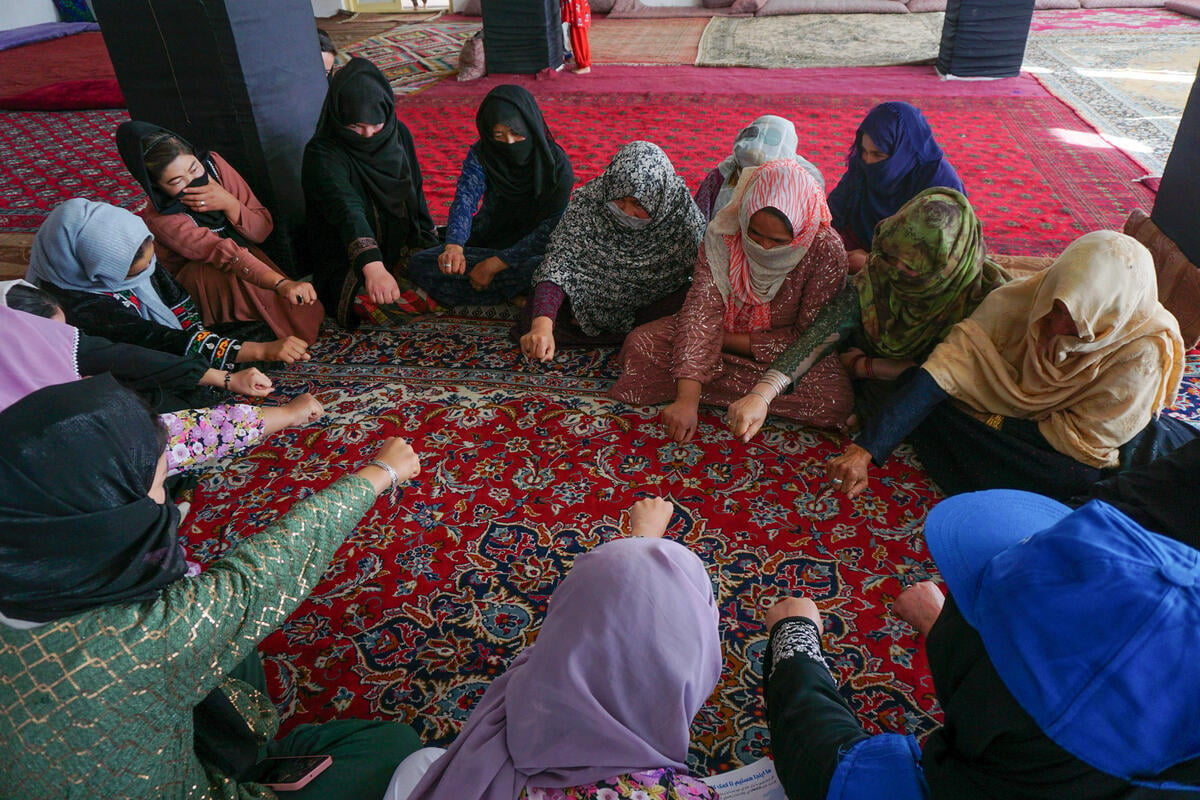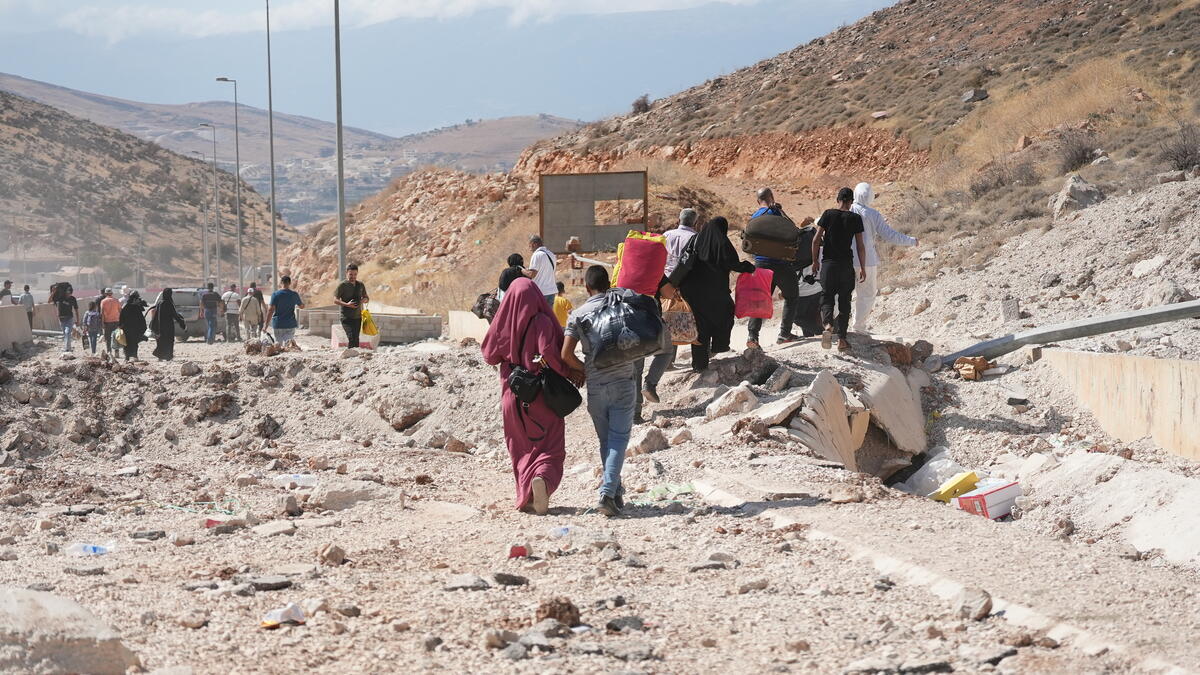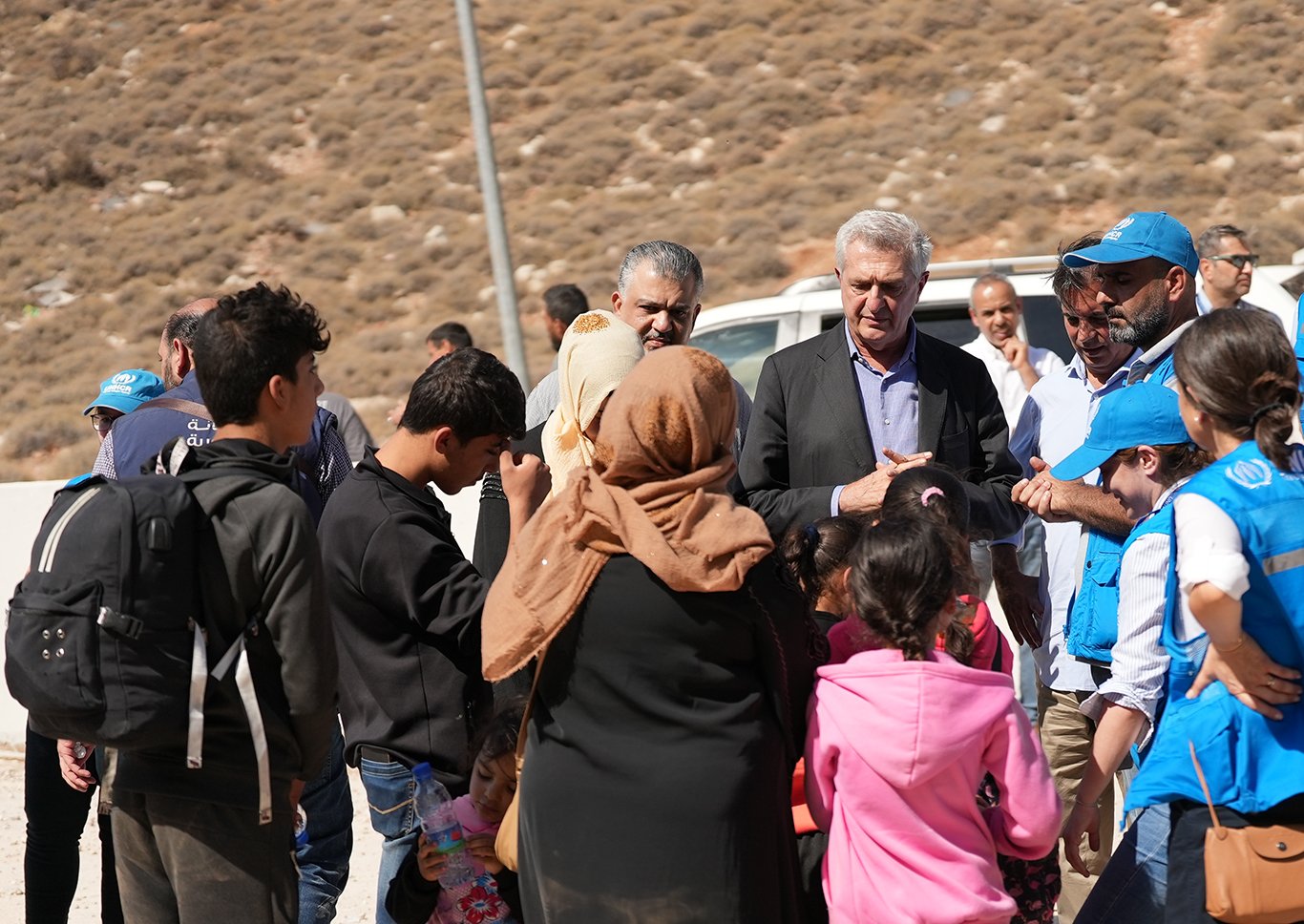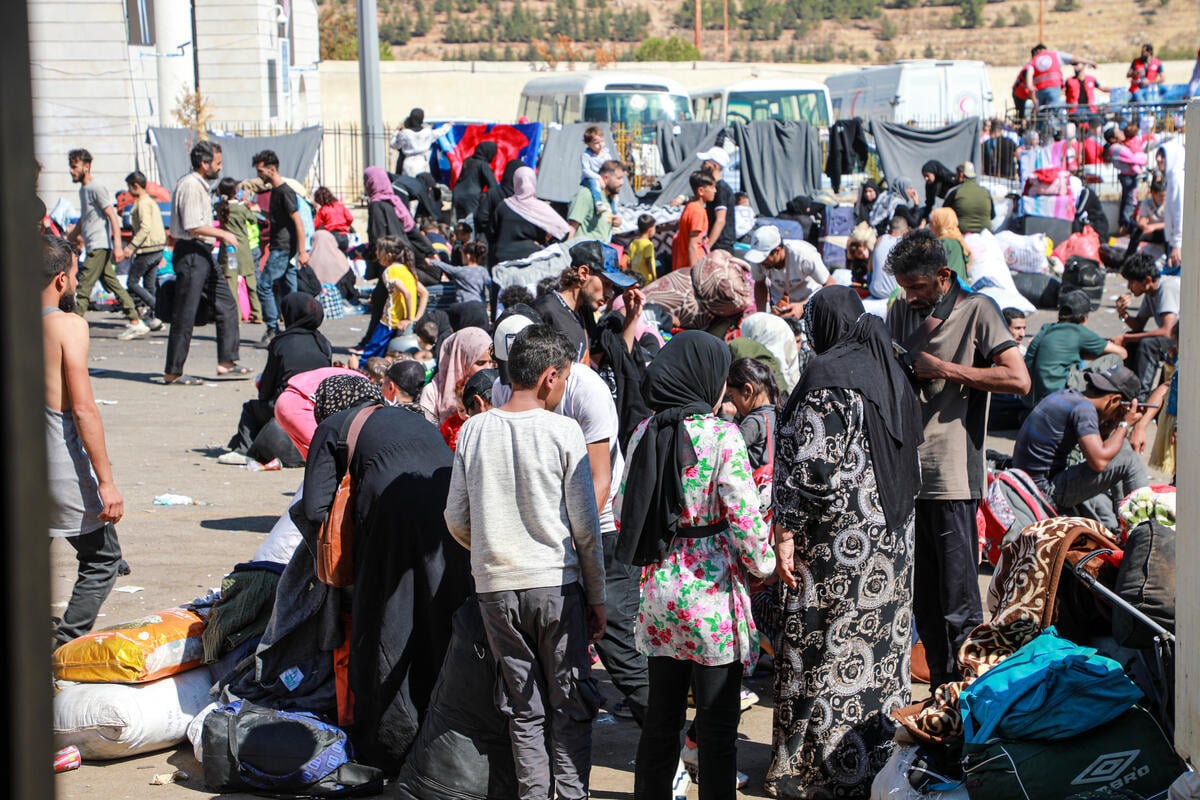Hungarian border last hurdle on a long journey from war zones
Hungarian border last hurdle on a long journey from war zones

SUBOTICA, Serbia, December 17 (UNHCR) - Asadullah, a 23-year-old Afghan man, wears a broad smile that belies his circumstances. Shivering in an abandoned brick factory, he waits to be smuggled across the nearby border into Hungary, gateway to his real destination - Austria.
"We must be happy," he says. "If I'm sad I can't continue."
It's been a tortuous journey. Clinging to the shadows, walking for days and nights, at other times on horseback, he's come from Afghanistan to Iran, through Turkey, Greece and the former Yugoslav Republic of Macedonia to Subotica in Serbia. Hungary is tantalizingly close.
Along the way he claims he's seen 20 of the people he was travelling with shot at a border crossing. He's been caught by authorities once, spent nine months in jail, but never lost hope that the smugglers who charged him US$4,500 would get him into Austria.
Asadullah joins the hundreds of thousands of migrants and asylum-seekers who have come to Europe so far this year. Whether fleeing persecution or seeking a better life, many of them have no choice but to turn to smuggling rings. Earlier in the day, he reports, a group of Syrians left the brick factory for Hungary.
"Due to inadequate regular and safe options to access asylum and protection, we see refugees and asylum-seekers using smugglers and often putting their lives at risk," says Sumbul Rizvi, a UNHCR specialist on mixed migration. "Refugees flee to save their lives. Countries, while protecting their borders, do have obligations to allow asylum-seekers access to the safety and protection to which they are entitled."
Ill-fated journeys across the Mediterranean, where thousands have drowned, have drawn attention to refugees and migrants trying to get to Europe from North Africa and the Middle East. In late November, Pope Francis spoke out for such migrants and said "we cannot allow the Mediterranean to become a vast graveyard."
Asadullah, who has a degree in computer science, says he left behind a wife and nine-month-old daughter. His family sold their land to put together the money to pay the smugglers, who will only receive their entire fee when he reaches his destination across Hungary's so-called "green border."
That's the forest between official border crossings, which Hungarian authorities monitor with cameras during the daytime and heat sensors at night. They report catching 37 migrants in one small hatchback recently; a physician said they would have soon died of suffocation if they had not been rescued.
Those caught crossing irregularly are kept in border police cells for 24 hours. Some 86 per cent apply for asylum and are transferred to reception centres. Hungary expects to receive a record 35,000 applications for asylum this year, but the number who get refugee status is very low. (Those who do not apply for asylum can be prosecuted for illegal entry and deported.)
Ali Alfarhat, a Syrian businessman interviewed in a police cell in Szeged, a Hungarian city some 15 kilometres north of the Serbian border, says he left his war-torn homeland just two months ago. His home city, the Syrian port of Latakia, is held by the Assad government and he said he felt pressured to join the armed forces. "I don't want to go with one side or the other," he says.
Ali says he survived a hazardous sea journey after smugglers punched a hole in their small boat, and believes some passengers drowned. If he gets deported, he says he will go back to Subotica and try again. Hungarian border officials are familiar with the routine. The first words of many caught crossing are often "asylum, asylum," police report.
Some smugglers deceive their clients by leaving them in Bulgaria, for example, and claiming they're in Berlin. But increasingly the "clients" have smart phones with GPS (global positioning system) and know better.
"The smugglers told us, 'Whatever you do, hang onto your phone'," says Asadullah at the brick factory in Serbia. He and his friends have a cell phone charging station to make sure they will not miss instructions from their handlers.
With Asadullah is a 15-year-old Afghan boy, Aminullah, who's been on the road for five months after leaving Afghanistan's Helmand province. He says the Taliban threatened to use him and his older brother - here with him - as suicide bombers. Aminullah says he wants to get to England.
With the sun setting early on a cold winter's day, Aminullah climbs a mountain of large bricks inside a warehouse and shows off a space he's dug out at the top. The bricks look like a very hard bed for the night. "We don't sleep," corrects Asadullah. "We make a fire and wait for the call from the smugglers."
By Kitty McKinsey in Subotica, Serbia


